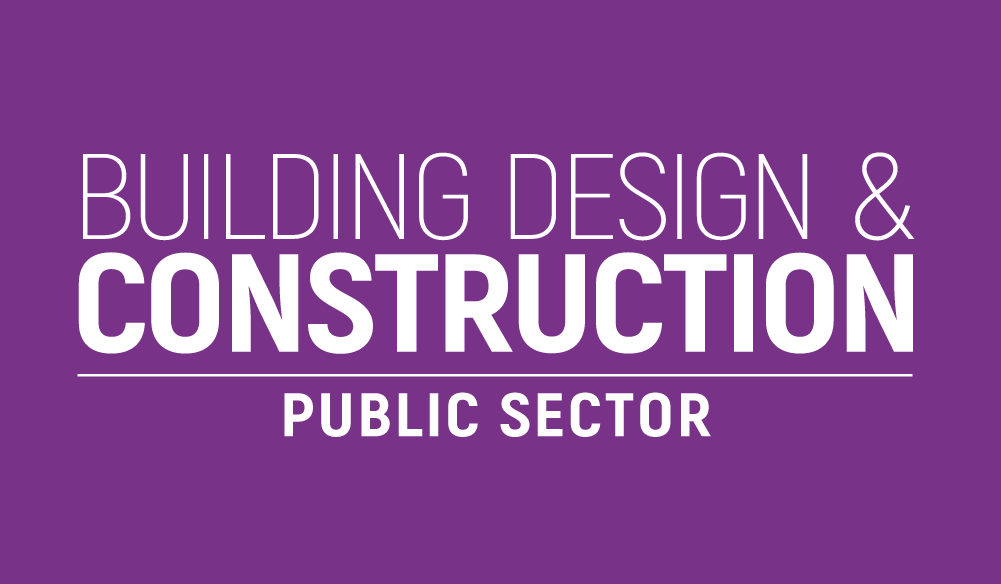There is no doubt that the construction sector endured a torrid time through the pandemic in 2020.
As a survey by Glenigan* released at the end of 2020 showed, the value of underlying project starts (with a construction value of less than £100 million) dropped by 46 per cent during the second quarter compared with a year earlier. But the decline in quarterly starts was not as great as initially feared. As Glenigan noted: “Contractors were quick to adjust site working practices and suspended sites in England and Wales were re-opened more rapidly than initially anticipated, with a revival in new project-starts following in their wake.”
We can expect a more gradual, but sustained recovery for the next two years; subject of course to the vagaries of the ebb and flow of the pandemic whilst also facing Brexit-related disruption to trade and growth. Existing major infrastructure schemes, including Thames Tideway, HS2 and Hinckley Point, are also forecast to lift civil engineering output over the forecast period. Much of this will be turbocharged by increasing use of modern methods of construction and better use of data analytics, but addressing the skills capacity issue remains a key constituent of delivering project success in construction.
But the Government signalled its intent before Christmas with the publication of its plan for infrastructure, and the launch of the Construction Playbook as well as the start of the reforms of the planning process. All these elements point towards a commitment to a greater focus on construction as part of its ‘building back better’ focus.
Fundamental to this process will be the capacity to deliver this. And never has it been more important to have the right skills and capacity to deliver a sustained and innovative construction pipeline. And we believe that the project profession has an increasingly vital role in delivering this.
In an era of unprecedented technological, social and environmental change, the need for project -based skills and working is set to increase, and as we look towards 2021, the project profession will play a pivotal role in delivering such change in construction.
APM, the chartered body for the project profession,carried out a year-long conversation with its members and the wider project community, the conclusions of which inform the latest Projecting the Futurereport, The Adaptive Project Professional. The report sets out a series of ideas and insights to help shape the future of project management, and highlights that now is the time to focus on the ‘adaptive’ project professional.
Being adaptive is vital. It means embracing change and recognising its implications for projects. It means striking the right balance between clarity about goals and benefits, and flexibility between the use of best practices and innovating to meet unique circumstances. Adaptivity also means knowing that we as individuals need to develop throughout our careers, continually learning to keep pace with a fast-changing world.
A recent APM and
Censuswide survey, supports the Projecting the Future report,
revealing that a quarter (25 per cent) of project managers in the construction
industry think becoming more
adaptive and responsive to changeis the most important way in which the
project profession could change over the next five years.
Keeping up with the pace of change
Project management contributes an estimated £156.6 billion of Gross Value Added to the UK economy, according to APM’s research report The Golden Thread. It’s therefore important that the profession’s pipeline continues to develop in order to keep up with the pace of change, from starter to chartered: providing new routes into the profession both for young entrants and more mature professionals and provide greater mobility between career stages.
The coronavirus pandemic has demonstrated how adaption across all industry is essential in delivering at speed. Whether it’s the building of the NHS Nightingale hospitals, the government’s furlough scheme, or the race to find a find a vaccine for Covid-19, project professionals have been at the heart of making these innovative changes happen.
Project professionals must take centre stage in the continued recovery from the pandemic and adapt to the challenges and opportunities of the fourth industrial revolution, climate change and increasing human longevity.
To find out more about APM, recent research, and the benefits of membership visit www.apm.org.uk
*Glenigan have published a construction industry forecast for 2021-2022.
The forecast can be accessed here: https://bit.ly/38gggrr





